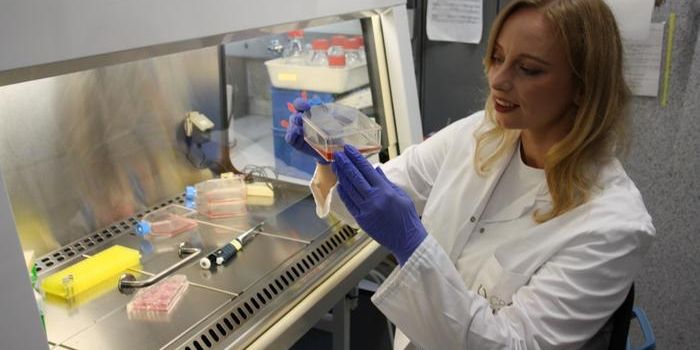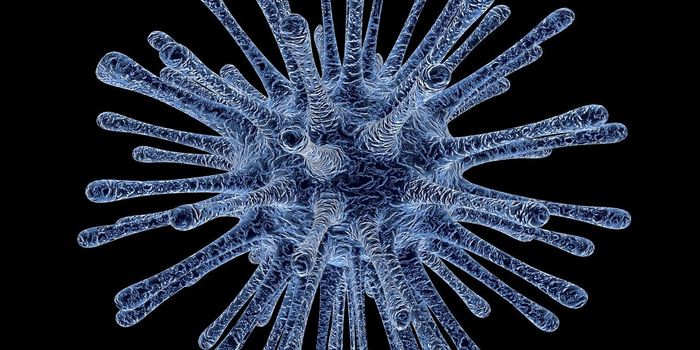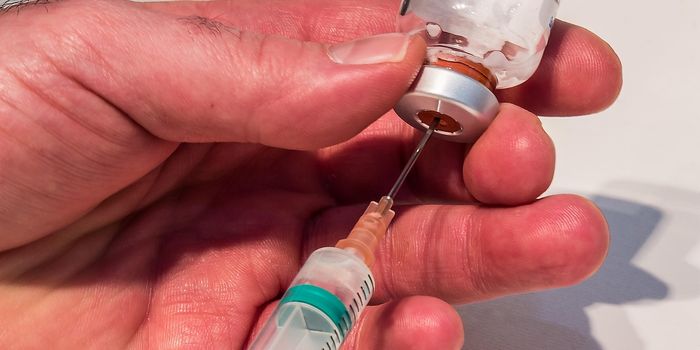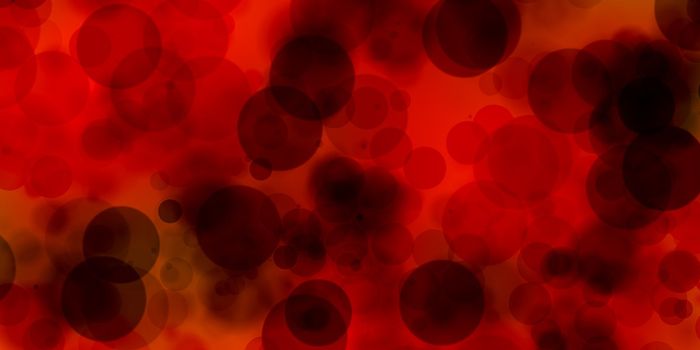Attacking Cancer's Metabolism: A New Take on Fermented Wheat Germ Extract
One of the hallmarks of evolution is the oxidative phosphorylation metabolic system. Not only does it produce energy in the form of ATP, but it also functions as a critical survival switch. Some studies even show it may be a key target for cancer therapies.
The Warburg effect is when cancer cells actually switch from oxidative phosphorylation, an efficient energy production system, to aerobic glycolysis. Glycolysis is far less efficient in producing energy but requires far fewer resources. This allows cancer to grow in high densities – in tumors, for example – without being bottlenecked by resource need.
Oxidative phosphorylation also plays a critical role in cell death. Dysfunction or overactivation in this system will cause a chain reaction that initiates programmed cell death. This is an important self-check cells use to make sure everything is running smoothly, but when cancer switches to glycolysis, it effectively evades this self-check system. A new study out of Cold Spring Harbor in New York wanted to target this switch in cancer cells and inhibit the cells’ growth in vitro.
Their idea centered around using fermented wheat germ extract (FWGE), which was shown to have anti-cancer effects in the 1990s. The wheat germ extract inhibits glycolysis and should force the cell back into oxidative phosphorylation. Once there, the normal self-check system can catch abnormal cancer metabolism and target the cell for termination.
The primary difference between this new study and the previous studies centered around a new wheat germ extract isolation method. The team developed a way to isolate a certain composition of the fermented wheat germ extract, which they hoped would be a better therapeutic than the extract itself. They termed this new isolated composition A250.
In cell assays, A250 managed to suppress growth and induce cell death in several cancer cell lines, albeit to varying degrees of efficacy. The study confirmed that the cell death seen was due to increased mitochondrial activity, which they were expecting after suppressing glycolysis.
With this positive data, they moved into a mouse model to identify the physiological effects of A250 compared to fermented wheat germ extract. Results showed both impaired cancer growth, but A250 did it at a far lower dosage and had a much stronger effect.
This study shows the effectiveness of A250, a fermented wheat germ extract isolate, as a potential anti-cancer drug. The team notes fermented wheat germ extract is non-toxic and can be taken by mouth rather than injection. Considering the current state of chemotherapies – doctor administered and usually toxic – orally administered cancer therapies would be a breakthrough. I wonder as to its side effects during exercise-induced metabolism switches or other such natural states, though.
The study concludes, “As a non-toxic, orally available, and efficient in vivo tumor growth inhibitor, A250 has the potential to support standard chemotherapy treatments and targeted therapies by modulating cellular energy balance and enhancing apoptosis.”
Sources: Nature Scientific Reports, Nature Video, Unsplash









